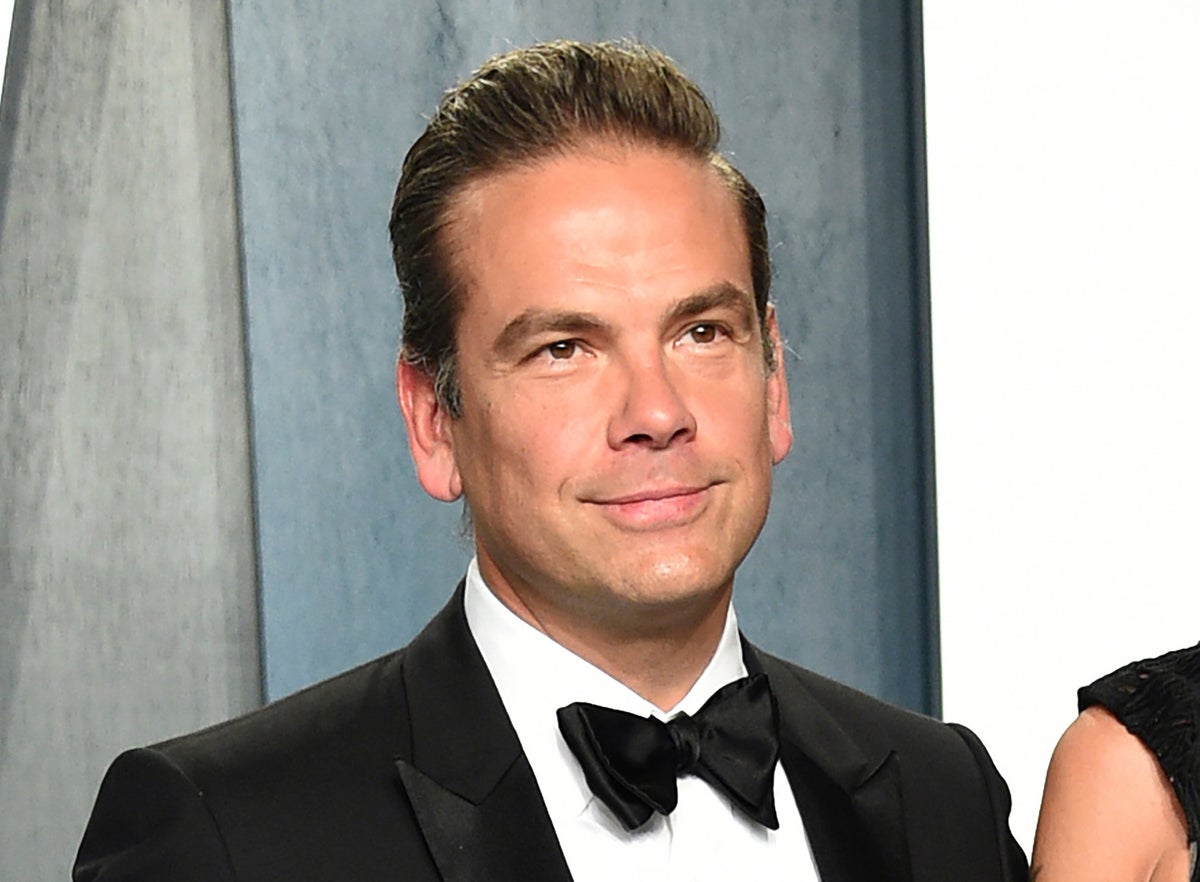
For Lachlan Murdoch, this moment has been a long time coming. Assuming, of course, that his moment has actually arrived.
On Thursday, his father Rupert Murdoch announced that in November he'll step down as the head of his two media companies: News Corp. and Fox Corp. Lachlan will become the chair of News Corp. while remaining chief executive and chair at Fox Corp., the parent of Fox News Channel.
The changes make Rupert's eldest son the undisputed leader of the media empire his father built over decades. There's no real sign that his siblings and former rivals James and Elisabeth contested him for the top job; James in particular has distanced himself from the company and his father's politics for several years. But Rupert, now 92, has long had a penchant for building up his oldest children only to later undermine them — and sometimes to set them against one another — often flipping the table without notice.
Given Rupert Murdoch's advanced age, this might be his last power move. But there's a reason the HBO drama “ Succession ” was often interpreted as a thinly disguised and dark satire of his family business. In Murdoch World, as in the fictional world of the Roy family, seemingly sure things can go sideways in an instant, particularly when unexpected opportunities arise.
Lachlan Murdoch has lived that first hand. Born in London, he grew up in New York City and attended Princeton, where he focused not on business, but philosophy. His bachelor's thesis, titled “A Study of Freedom and Morality in Kant's Practical Philosophy,” addressed those weighty topics alongside passages of Hindu scripture. The thesis closed on a line from the Bhagavad Gita referencing “the infinite spirit” and “the pure calm of infinity,” according to a 2019 article in The Intercept.
Béatrice Longuenesse, Lachlan's thesis advisor at Princeton, confirmed the accuracy of that report via email.
After graduation, though, Lachlan plunged headlong into his father's business, moving to Australia to work for the Murdoch newspapers that were once the core of News Corp.'s business. Many assumed he was being groomed for higher things at News Corp., and they were not wrong. Within just a few years, Lachlan was deputy CEO of the News Corp. holding company for its Australian properties; shortly thereafter, he took an executive position at News Corp. itself and was soon running the company's television stations and print publishing operations.
Lachlan's ascent came to an abrupt halt in 2005, when he resigned from News Corp. with no public explanation. According to Paddy Manning, an Australian journalist who last year published a biography of Lachlan Murdoch, the core problem involved two relatively minor issues on which Lachlan disagreed with Roger Ailes, who then ran Fox News.
“The real point was that Lachlan felt Rupert had backed his executives over his son,” Manning said in an interview. “So Lachlan felt, 'If I'm not going to be supported, then what's the point?'” Manning did not have direct access to Lachlan for his book “The Successor,” but said he spoke in depth with the people closest to his subject.
Lachlan returned to Australia, where he has often described feeling most at home, and founded an investment group that purchased a string of local radio stations among other properties.
While he was away, News Corp. entered choppy waters. The U.K. phone-hacking scandal, in which tabloid journalists at the News of the World and other Murdoch-owned publications had found a way to listen to voicemails of the British royal family, journalistic competitors and even a missing schoolgirl, had seriously damaged the company. The fracas led to resignations of several News Corp. officials, criminal charges against some, and the closure of News of the World as its finances went south.
Manning said that the damage the scandal inflicted on News Corp. — and on both Lachlan Murdoch's father and his brother James, chief executive of News' British newspaper group at the time — helped pull Lachlan back to the company.
“He was watching the family tear itself apart over the phone-hacking scandal,” Manning said. Lachlan was “instrumental in trying to circle the wagons and turn the guns outwards, and stop Rupert from sacking James.”
While it took more convincing, Lachlan eventually returned to the company in 2014 as co-chairman of News Corp. alongside James.
Not long afterward, Ailes was forced out of his job at Fox News following numerous credible allegations of sexual harassment.
Lachlan Murdoch has drawn criticism from media watchdogs for what many called Fox News' increasingly conspiratorial and misinformation-promoting broadcasts. The network hit a nadir following the 2020 election when voting machine company Dominion Voting Systems sued Fox News for $1.6 billion, alleging that Fox knowingly promoted false conspiracy theories about the security of its voting machines.
Fox settled that suit for $787.5 million in March of this year. A similar lawsuit filed by Smartmatic, another voting-machine maker, may go to trial in 2025, Fox has suggested.
In certain respects, though, Lachlan Murdoch's behavior suggests some ambivalence about his role at News Corp. In 2021 he moved back to Sidney and has been mixing commuting and remote work from Australia ever since. “I think there’s a legitimate question about whether you can continue to do that and for how long” while running companies based in the U.S., Manning said.







